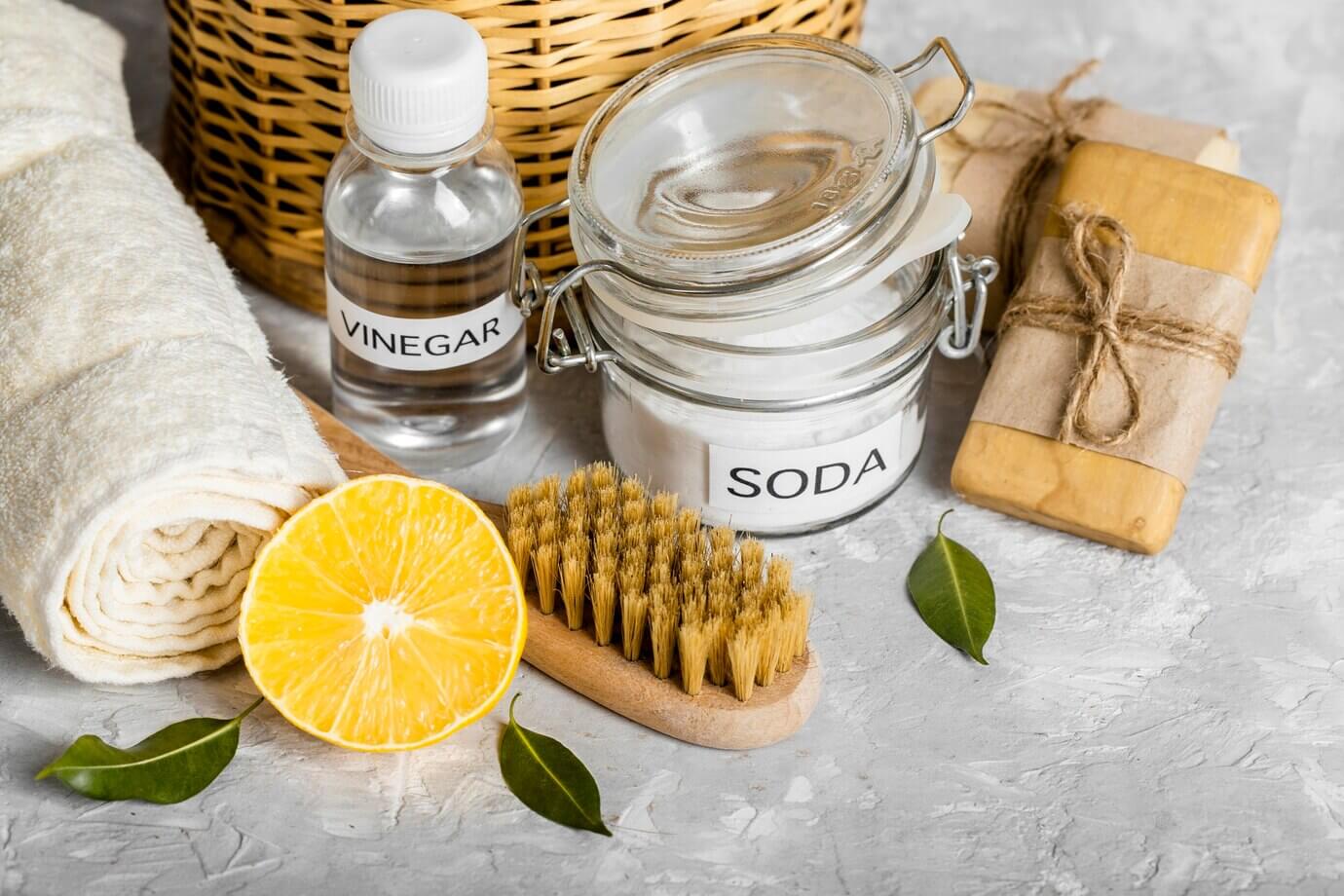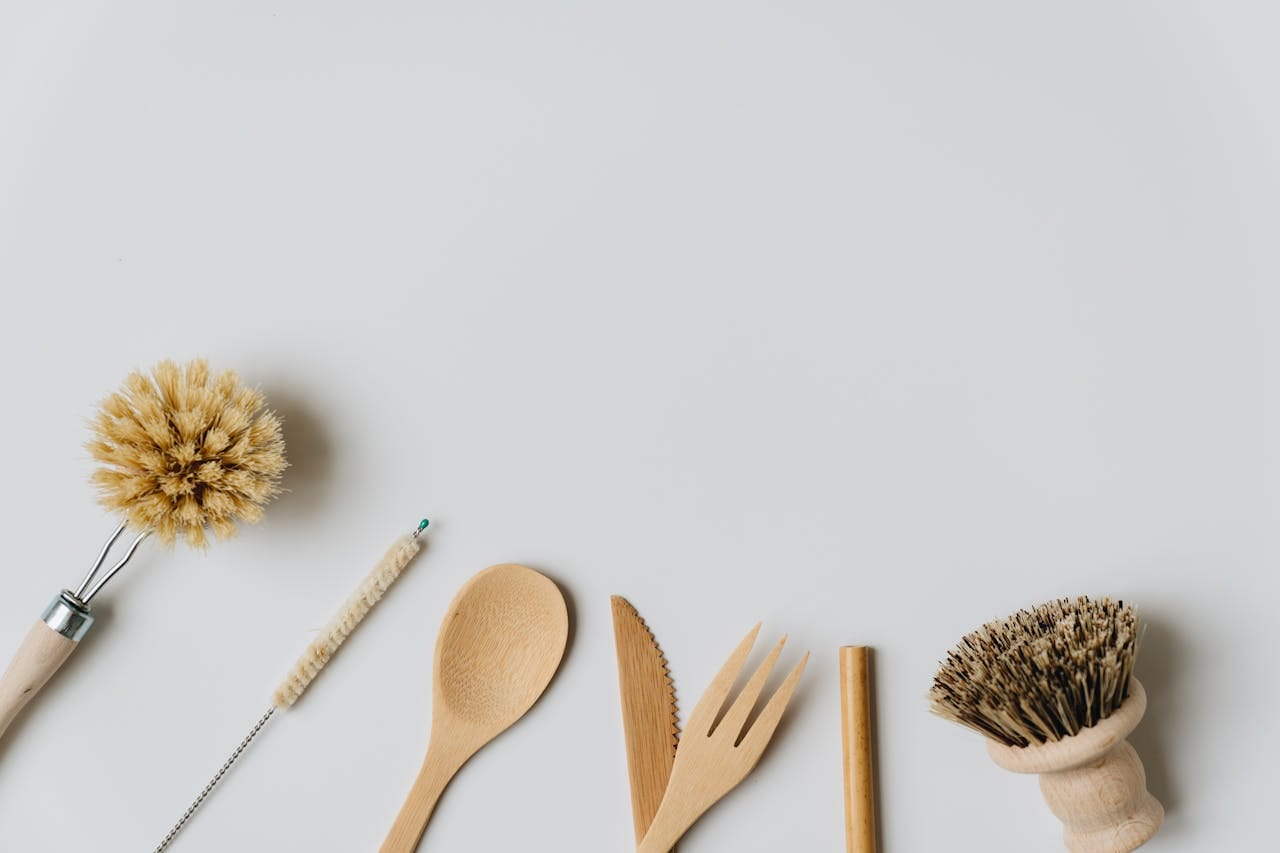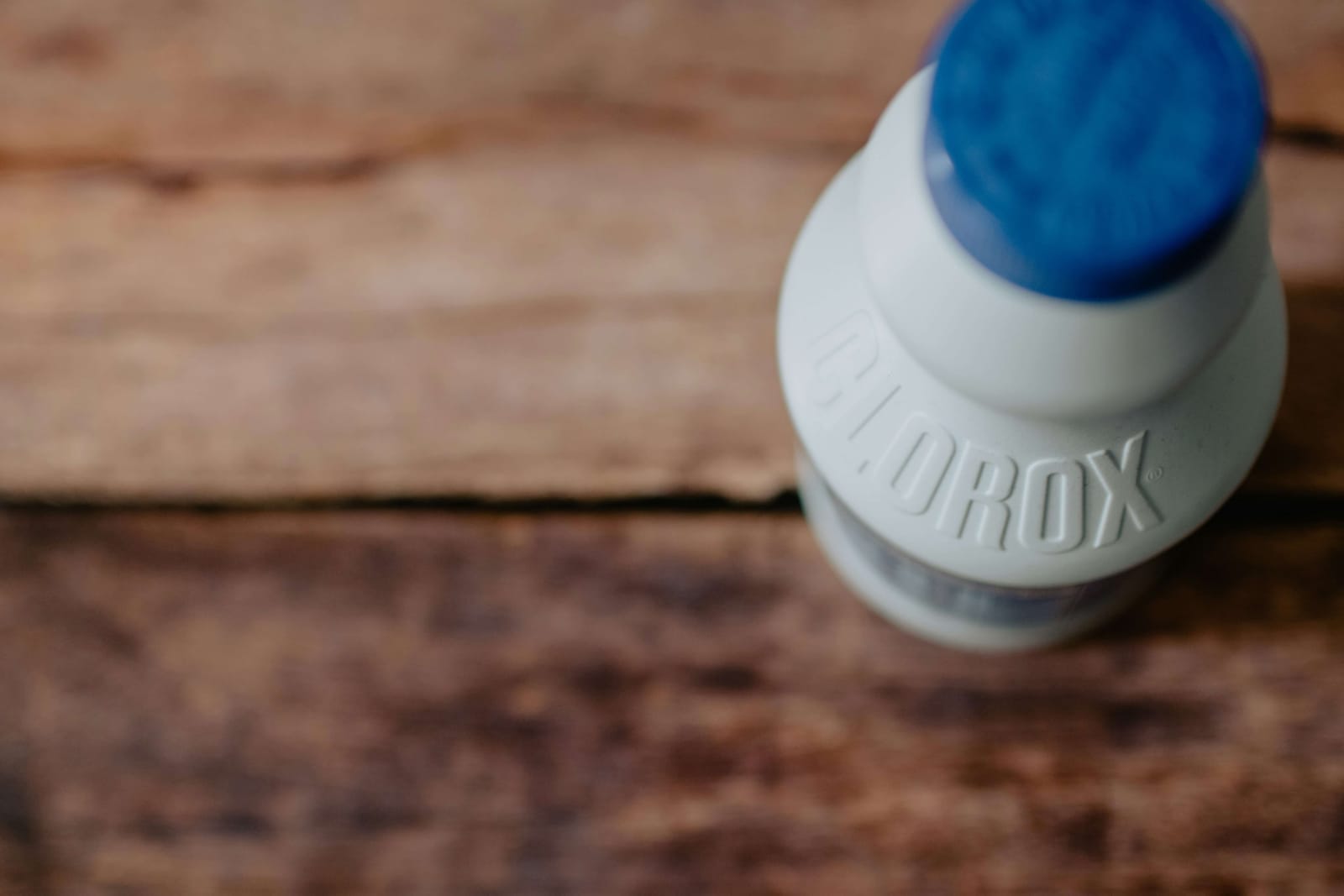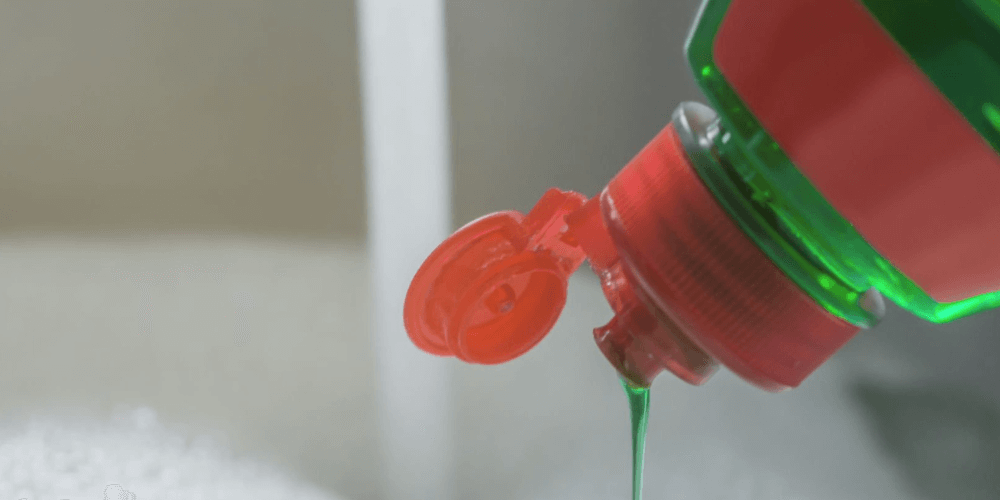Maintaining a clean kitchen while staying mindful of the environment is easier than ever. With a shift towards natural and eco-friendly products, many households are turning to time-tested ingredients that not only get the job done but also do so without harming the planet.
Here are eight natural ingredients that make for effective green cleaners:
1. Baking Soda (Sodium Bicarbonate)
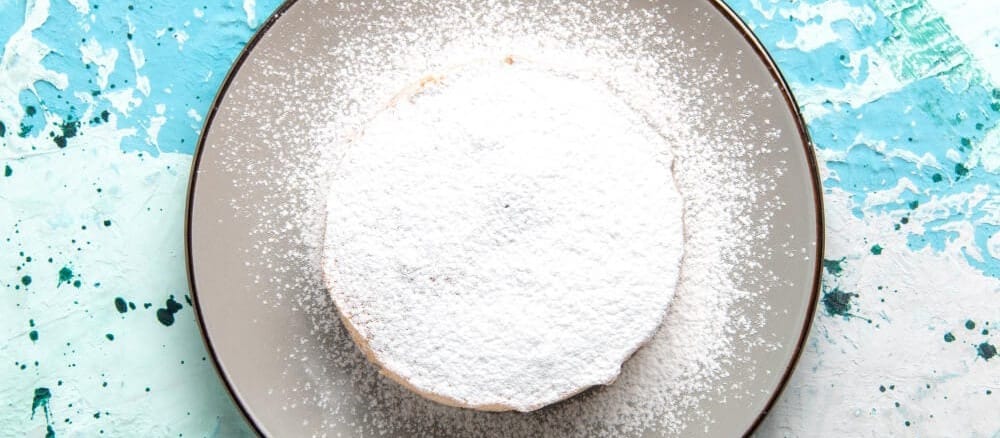
Baking soda is a versatile powerhouse in the realm of natural cleaning. Its mildly abrasive texture makes it perfect for scrubbing away stubborn stains on countertops, ovens, and sinks without scratching surfaces. It also neutralizes odors, making it an excellent deodorizer for your refrigerator, trash cans, and even your kitchen drain. Simply sprinkle it on a damp sponge or directly on surfaces before wiping it away to see the grime disappear.
Why It Works: Baking soda’s effectiveness lies in its alkaline nature, which helps break down dirt and grease. It's non-toxic and safe to use around food preparation areas, making it a staple in eco-friendly cleaning routines.
2. White Vinegar
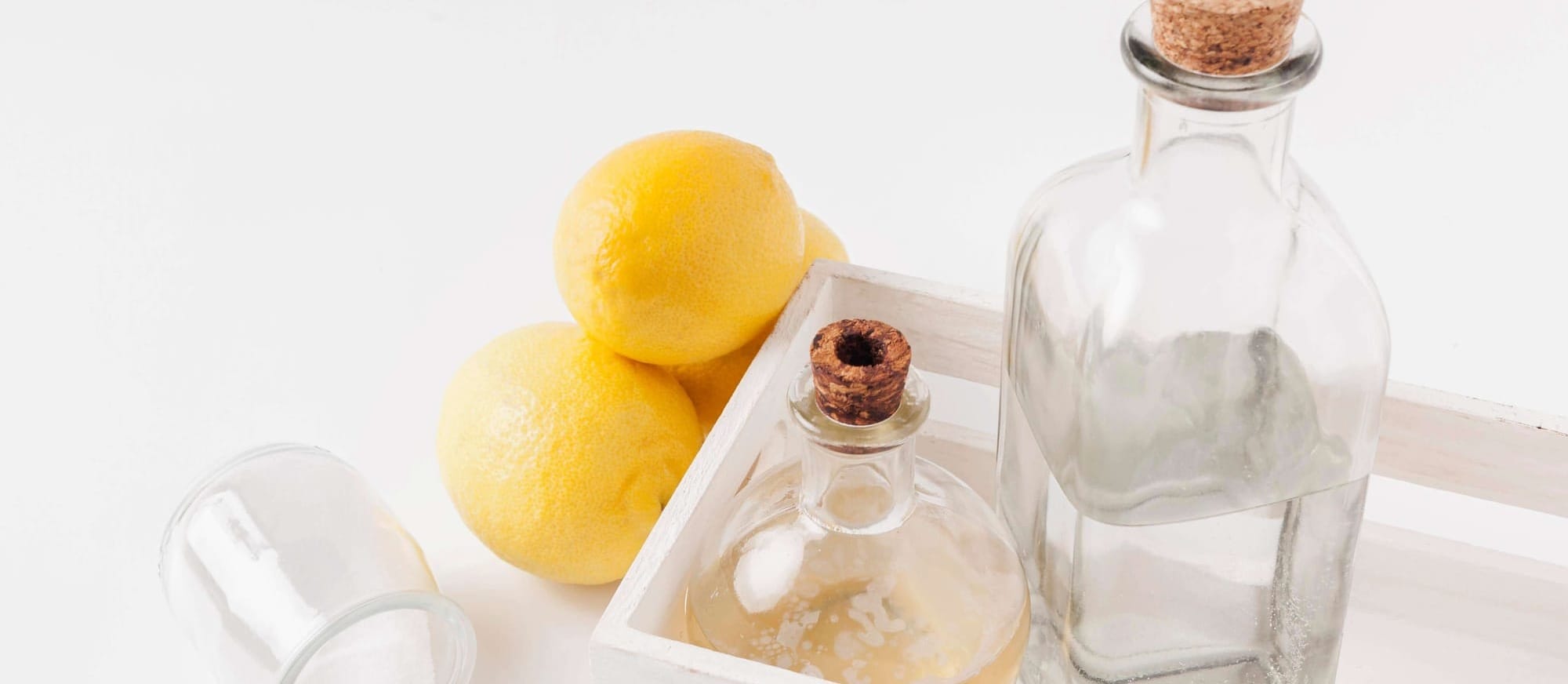
White vinegar is a natural disinfectant that excels at cutting through grease and grime, making it a must-have for any eco-friendly kitchen cleaning arsenal. It’s particularly effective for cleaning glass, tiles, and stainless steel, leaving surfaces sparkling without the need for harsh chemicals. A mixture of equal parts vinegar and water creates an all-purpose spray that can tackle most kitchen messes.
Why It Works: The acetic acid in vinegar has antibacterial properties, which helps sanitize surfaces and eliminate bacteria. It's also great at dissolving mineral deposits and soap scum, making it ideal for kitchen faucets and countertops.
3. Lemon Juice
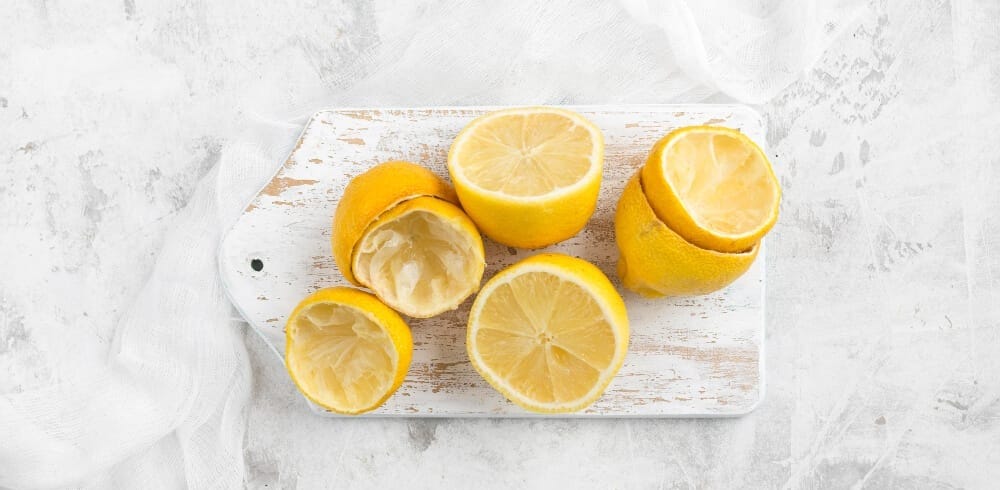
Lemon juice is another fantastic natural cleaner, prized for its fresh scent and powerful cleaning properties. It’s highly effective at removing grease, disinfecting surfaces, and even tackling tough stains. Lemon juice can also be used to clean and shine copper cookware, leaving your pots and pans gleaming like new.
Why It Works: The citric acid in lemon juice gives it natural antibacterial and antiseptic properties, making it a potent cleaning agent. Its acidic nature helps break down grease, while its fresh scent naturally deodorizes the kitchen.
4. Castile Soap
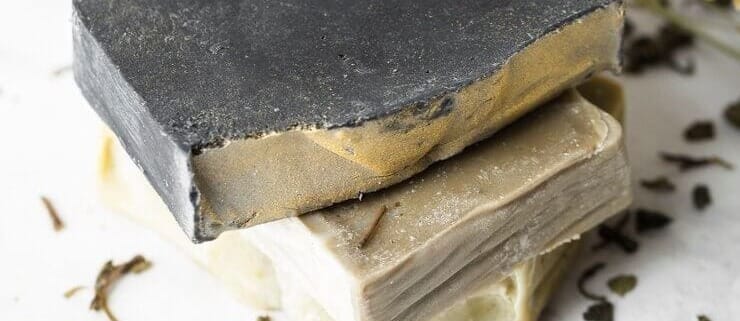
Castile soap is a plant-based soap traditionally made from olive oil, making it biodegradable and gentle on the environment. It’s incredibly versatile and can be used to clean just about any surface in the kitchen, from dishes and countertops to floors. While liquid castile soap is commonly used, the bar version is equally effective. Simply grate a small amount of the bar soap and dissolve it in warm water to create a mild, effective cleaner that’s tough on dirt but gentle on your hands and surfaces.
Why It Works: Castile soap is a natural surfactant, which means it reduces the surface tension of water, allowing it to more effectively clean and lift away dirt and grease. Whether liquid or bar, its natural oils also help condition and protect surfaces.
5. Essential Oils (Tea Tree, Lavender, Eucalyptus)
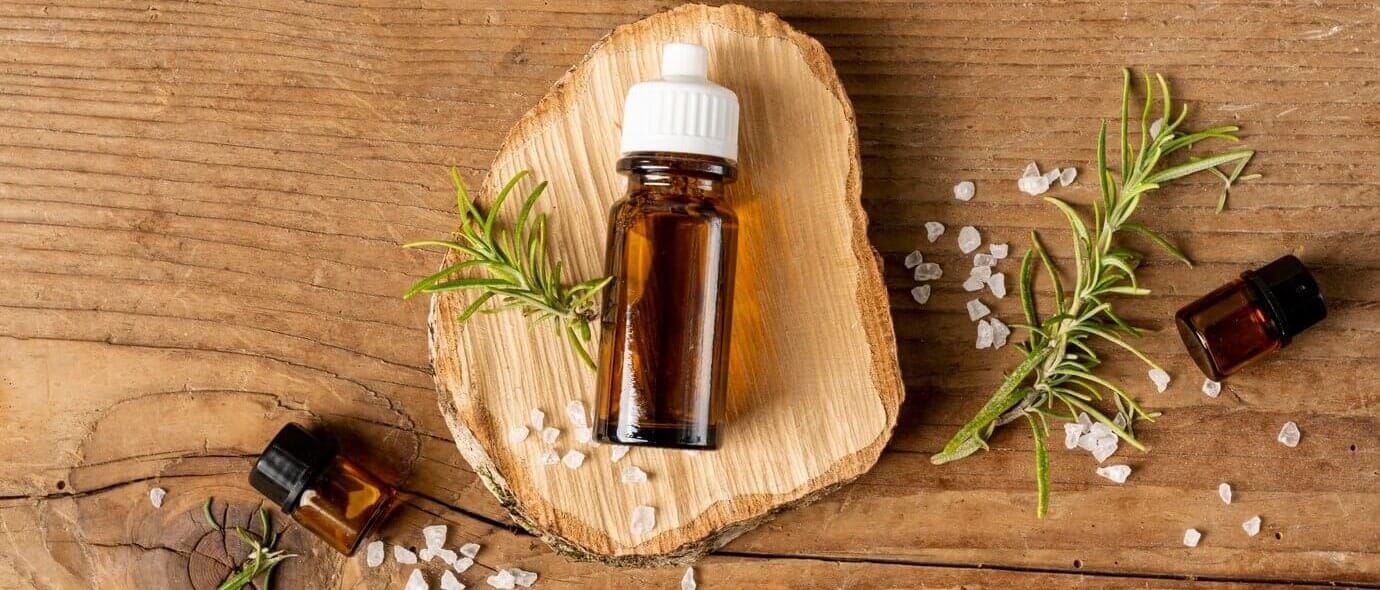
Essential oils not only add a pleasant fragrance to your homemade cleaners but also bring their own antibacterial and antifungal properties to the table. Tea tree oil, for example, is renowned for its ability to kill bacteria and mold, while lavender and eucalyptus oils are great for freshening the air and boosting the cleaning power of other ingredients.
Why It Works: These oils contain natural compounds that are effective against a wide range of microbes. Adding a few drops to your cleaning solutions can enhance their disinfecting abilities while leaving your kitchen smelling fresh and clean.
6. Hydrogen Peroxide
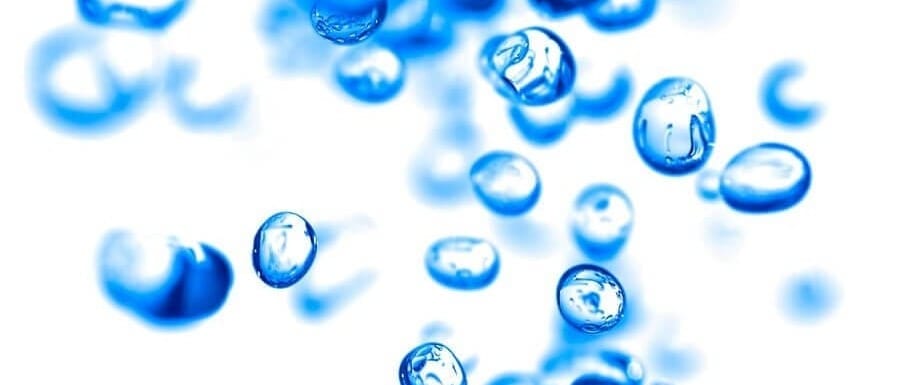
Hydrogen peroxide is a natural bleaching agent and disinfectant. It’s especially useful for sanitizing surfaces like cutting boards, kitchen sinks, and countertops. It can also be used to remove stubborn stains and brighten kitchen tiles.
Why It Works: Hydrogen peroxide breaks down into water and oxygen, making it a safe alternative to harsher chemical bleaches. Its oxidizing properties make it effective at killing bacteria, mold, and mildew.
7. Salt
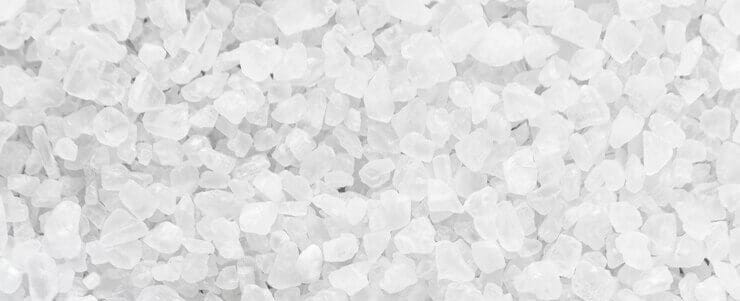
Salt is another natural abrasive that can be used for scrubbing. When combined with lemon juice or vinegar, it becomes a powerful stain remover and can also be used to clean and deodorize cutting boards and wooden utensils.
Why It Works: Salt’s abrasive texture helps scrub away tough residues without scratching surfaces. It’s particularly effective when mixed with other natural ingredients to enhance their cleaning power.
8. Olive Oil
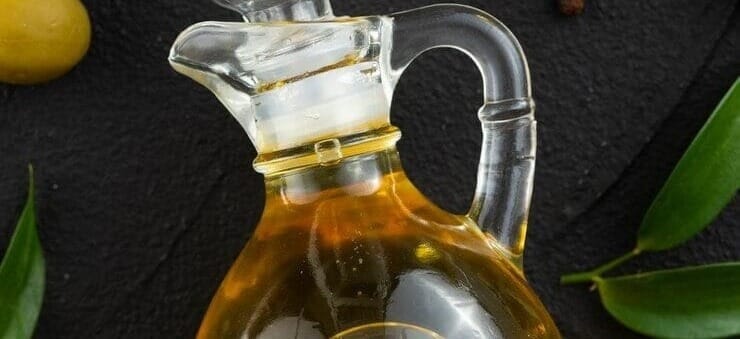
Olive oil can be used as a natural polish for wooden cutting boards, butcher blocks, and stainless steel appliances. It conditions wood and protects it from drying out while also giving stainless steel a shiny finish.
Why It Works: The natural oils in olive oil nourish wood surfaces and create a protective barrier against moisture. When used on stainless steel, it helps to reduce smudging and fingerprints.
Practical Tips and Usage Ideas
To help you make the most of these natural ingredients, here are some simple DIY cleaning recipes and pro tips:
DIY Cleaning Recipes
1. All-Purpose Cleaner:
- Ingredients:
- 1 cup white vinegar
- 1 cup water
- 10-15 drops of your favorite essential oil (e.g., tea tree, lavender, or eucalyptus)
- Instructions:
- Mix the vinegar and water in a spray bottle, then add the essential oil. Shake well before each use. This all-purpose cleaner is perfect for wiping down countertops, kitchen tiles, and appliances. The essential oils add a pleasant scent while boosting the cleaner's antibacterial properties.
2. Baking Soda Scrub:
- Ingredients:
- 1/2 cup baking soda
- Water (enough to form a paste)
- Instructions:
- Mix baking soda with a small amount of water to form a paste. Apply the paste to stubborn stains on countertops, ovens, or sinks. For extra tough stains, let the paste sit for 15 minutes before scrubbing with a damp sponge. Rinse with warm water and wipe clean.
3. Lemon-Salt Scrub:
- Ingredients:
- 1/2 lemon
- 1/4 cup salt
- Instructions:
- Dip the cut side of the lemon into the salt, then use it to scrub cutting boards, wooden utensils, or copper cookware. The abrasive salt and the acidic lemon juice work together to remove stains and grime. Rinse thoroughly with water and dry.
4. Wood Polish:
- Ingredients:
- 1/4 cup olive oil
- 5 drops lemon essential oil
- Instructions:
- Combine the olive oil and lemon essential oil in a small bowl. Apply a small amount to a soft cloth and use it to polish wooden cutting boards, butcher blocks, or wooden furniture. The olive oil conditions the wood, while the lemon oil leaves a fresh scent and adds shine.
Pro Tips
- Tough Stains: For extra tough stains, especially on stove tops or in the oven, apply a thick layer of the baking soda paste and let it sit for 15-20 minutes before scrubbing. This allows the baking soda to break down the grime, making it easier to clean.
- Stainless Steel Shine: To give your stainless steel appliances a streak-free shine, spray them with the vinegar-based all-purpose cleaner, then wipe with a microfiber cloth. Follow up by buffing with a few drops of olive oil on a soft cloth to enhance the shine and prevent smudges.
- Refreshing the Kitchen: To naturally deodorize your kitchen, place small bowls of baking soda in the refrigerator or sprinkle some in the bottom of your trash can. Replace regularly to keep bad odors at bay.
- Wood Care: After polishing wooden surfaces with the olive oil and essential oil mixture, allow the wood to absorb the oil for a few hours before using or wiping off any excess. This will help preserve the wood and extend the life of your cutting boards and utensils.
Additional Reading
For more inspiration and practical tips on keeping your kitchen clean naturally, check out articles from The Kitchn, like their guide on making an all-natural cleaner for kitchen counters.
